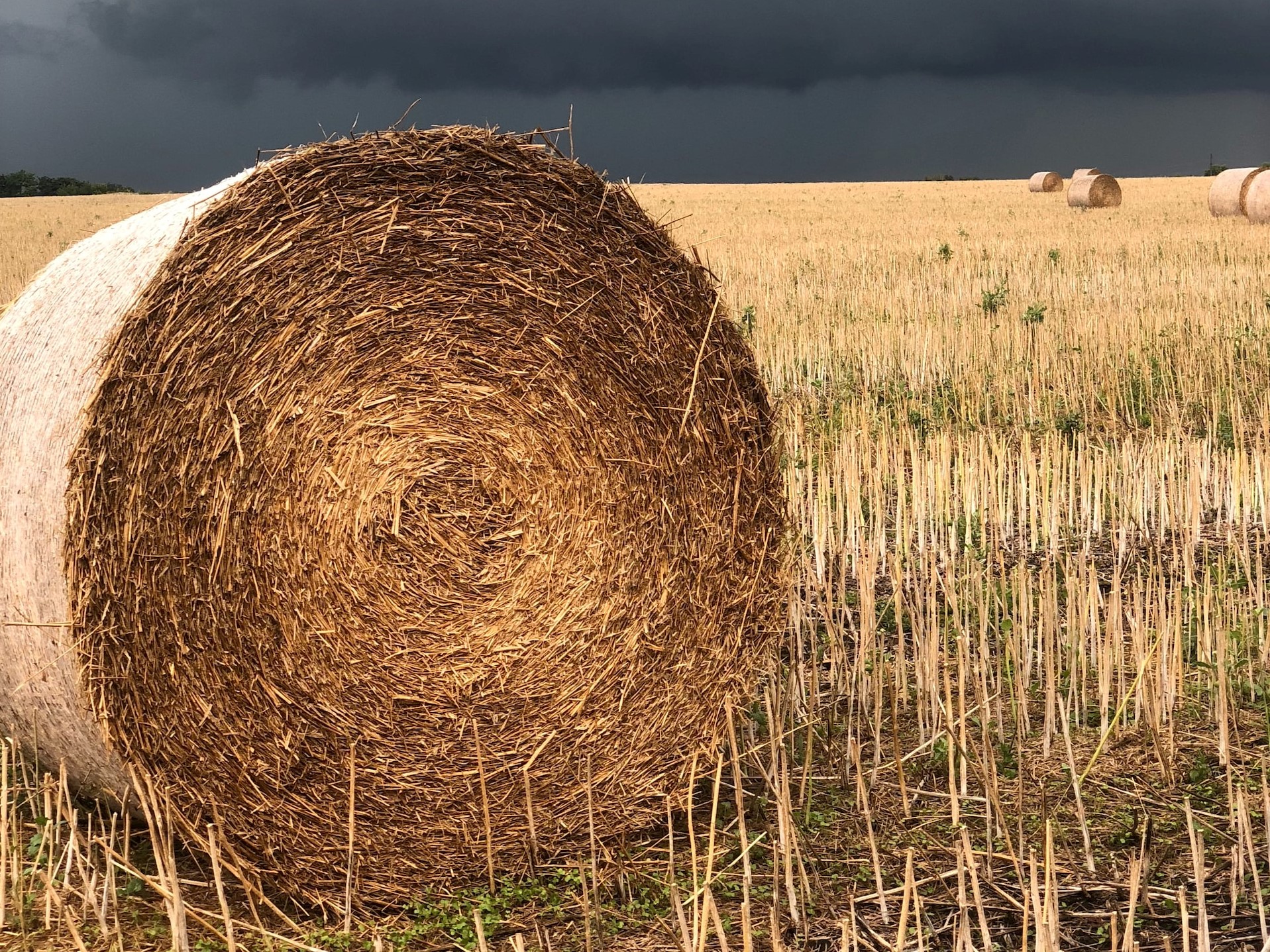Store Your Grain in the Good Times

This Dvar Torah for Parashat Vayigash was written by Rabbi David Wolpe, the Max Webb Senior Rabbi of Sinai Temple in Los Angeles and the author of eight books, including the national bestseller Making Loss Matter: Creating Meaning in Difficult Times.

Photo by Vitaliy Zamedyanskiy on Unsplash
"We are such stuff as dreams are made on,” wrote Shakespeare.
For an elegant enactment of this insight, we can look at the story of Joseph, where his interpretations came not only from prophetic powers, but from the story of his own life.
The message of the dreams was the deep spiritual message he experienced. In that understanding is a lesson for our lives, made more poignant for many in the past few years.
When Joseph is liberated from prison and finds himself before Pharaoh, his interpretation of Pharoah’s dreams, repeated to his brothers in this week’s parasha, is that Egypt will enjoy seven years of plenty followed by seven years of famine.
Therefore, counsels Joseph, store up the grain in times of plenty, so you will have supplies when there is no grain to be found in the land.
Everything in the Torah has a spiritual as well as a practical dimension.
What is the deeper level of Joseph’s message? Surely the text is not illustrating a governing strategy alone.
Recall the arc of Joseph’s life: in his early years, he was the beloved darling of his parents.
Then a series of catastrophes befell him: sold into slavery by his brothers, falsely accused of a crime and consigned to an Egyptian prison.
How was he nonetheless able to rise?
Joseph stored the grain of his early years before the time of famine came upon him.
He learned things in his parent’s home that would sustain him throughout the trials to come.
Each human being builds up a stock of spiritual reserves.
Some do it more wisely and completely. When difficult times come, those who have a reservoir of resilience are able to make it through.
During the COVID-19 pandemic, there were people who in the throes of difficult circumstances, kept their hopefulness and strength.
Others, despite relatively benign conditions, found themselves unable to cope.
For each, the wisdom of Joseph applied: the grain you store over the years will serve you when the world becomes unkind.
How do you store spiritual grain?
I’ll suggest three ways recommended by our tradition.
First, is by learning. A well-stocked mind is one that can take delight in its own contents.
Some of the most powerful meditations in history have been written in captivity: the Consolation of Philosophy of Boethius, The Diary of Anne Frank, and the memoir Long Walk to Freedom: The Autobiography of Nelson Mandela.
In very different ways, all had agile and able minds.
Curiosity and learning help us confront hard times.
Second, is through relationships. The first thing the Torah calls “not good” is being alone (Gen 2:18).
Even in prison Joseph was able to reach out to the cupbearer and the baker because he knew how to talk to others.
The Jewish people are a people, not a person. The Torah is a great, bright book of relationships.
In contrast to the bleak line of the poet T. S. Eliot, “till human voices wake us and we drown,” in our tradition, it is human voices that throw us the rope, and enable us to make it to shore when the storms threaten.
Finally, growing closer to God. When we feel close to God we are never alone.
To have a sense of relationship with the Kadosh Baruch Hu (God; literally, “The Holy One, Blessed Be He”) is to build a guardrail against despair.
For the first time in human history, not only was the entire globe undergoing a crisis at the same time, but the entire globe knew it was undergoing a crisis at the same time as everyone else.
We were able to see how people handled the fear and foreboding.
Those who had lived the words of Joseph and built characters of courage and resilience were not immune from pain or loss, but were far better able to handle it when it came.
Store your grain in good times. Should bad times follow, you will be ready to meet them.
Shabbat Shalom




